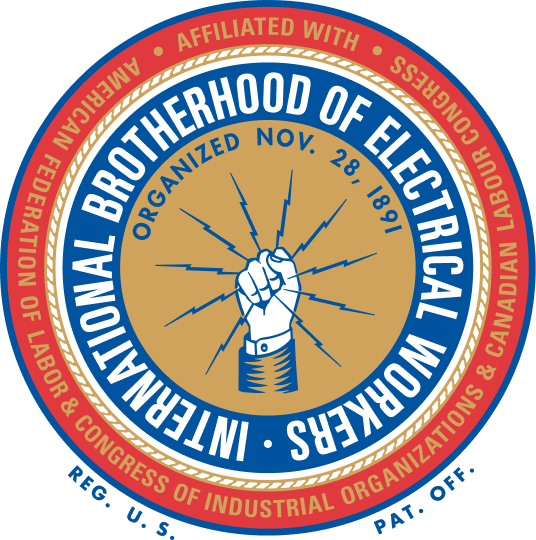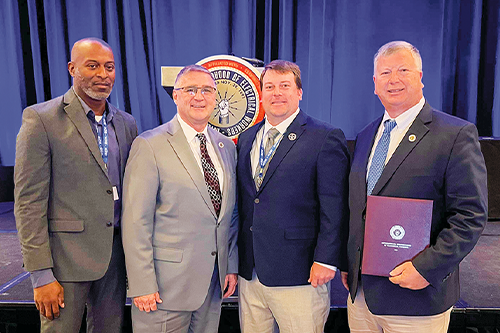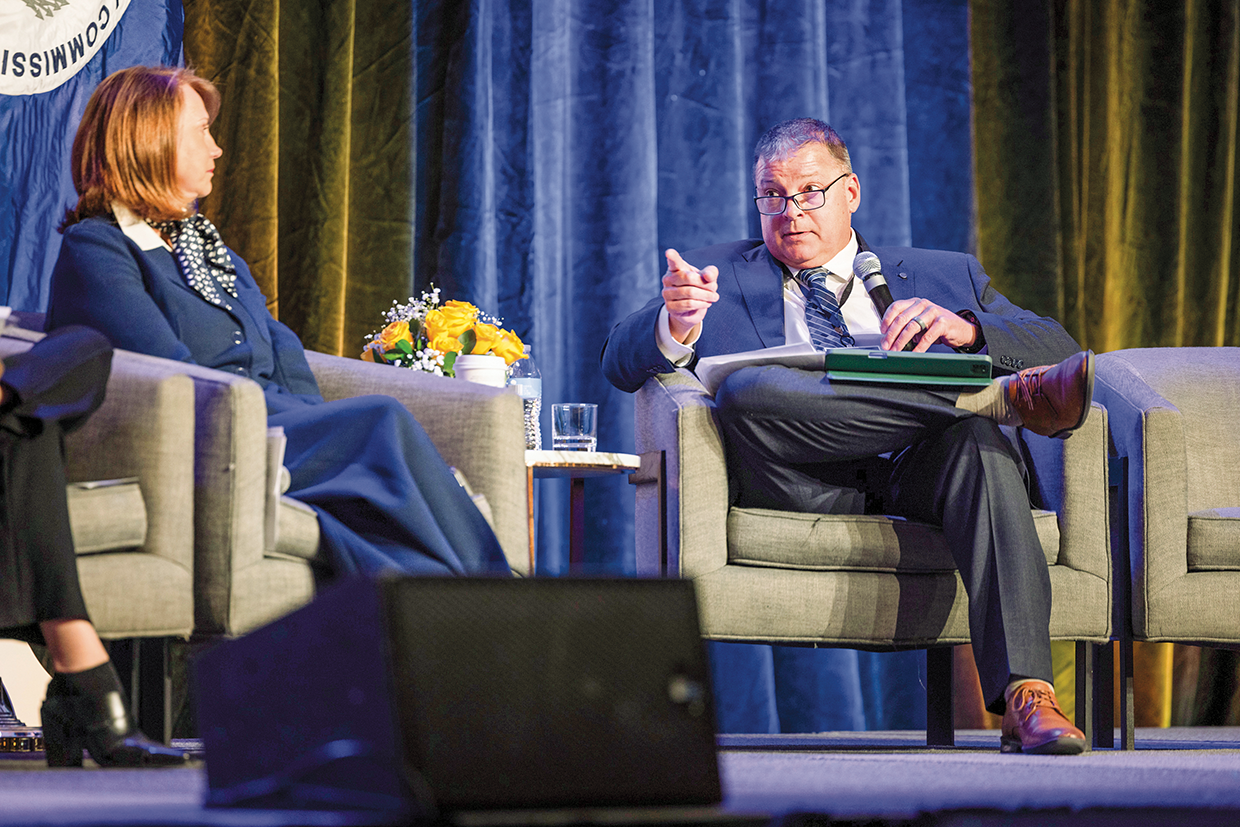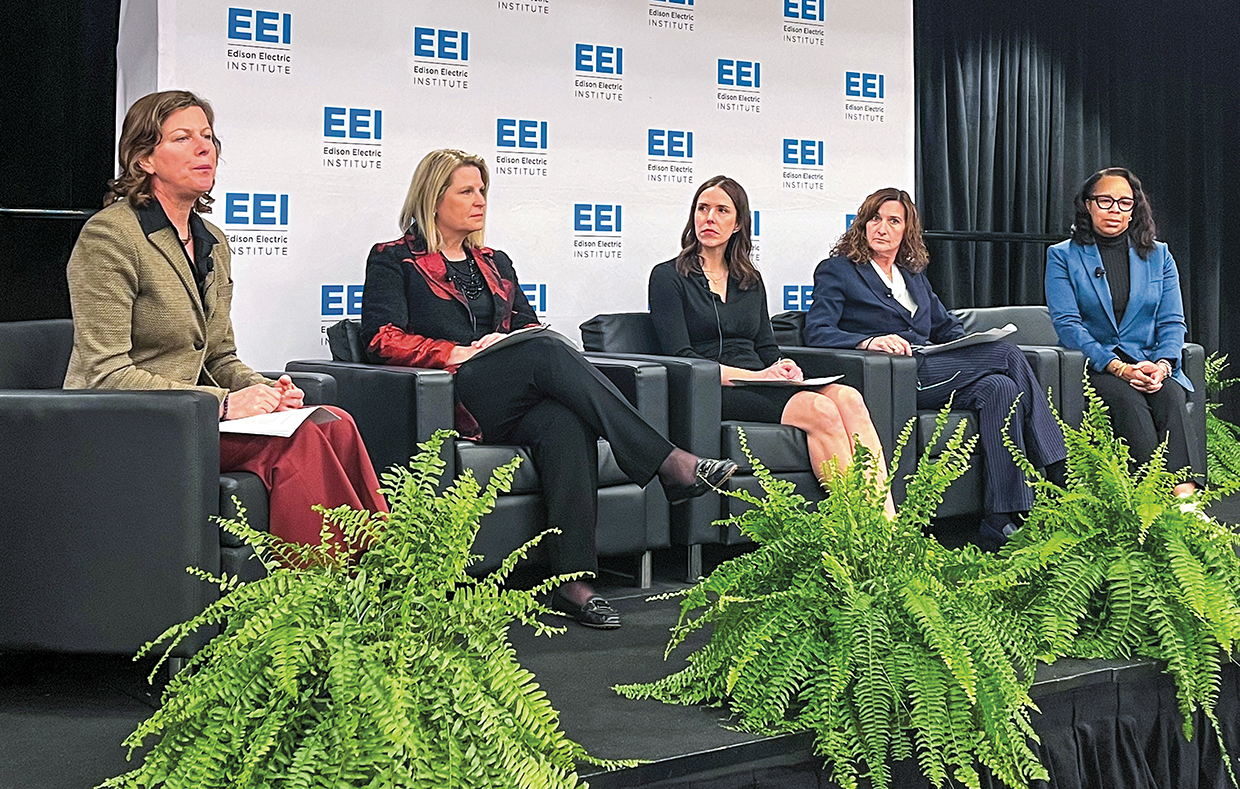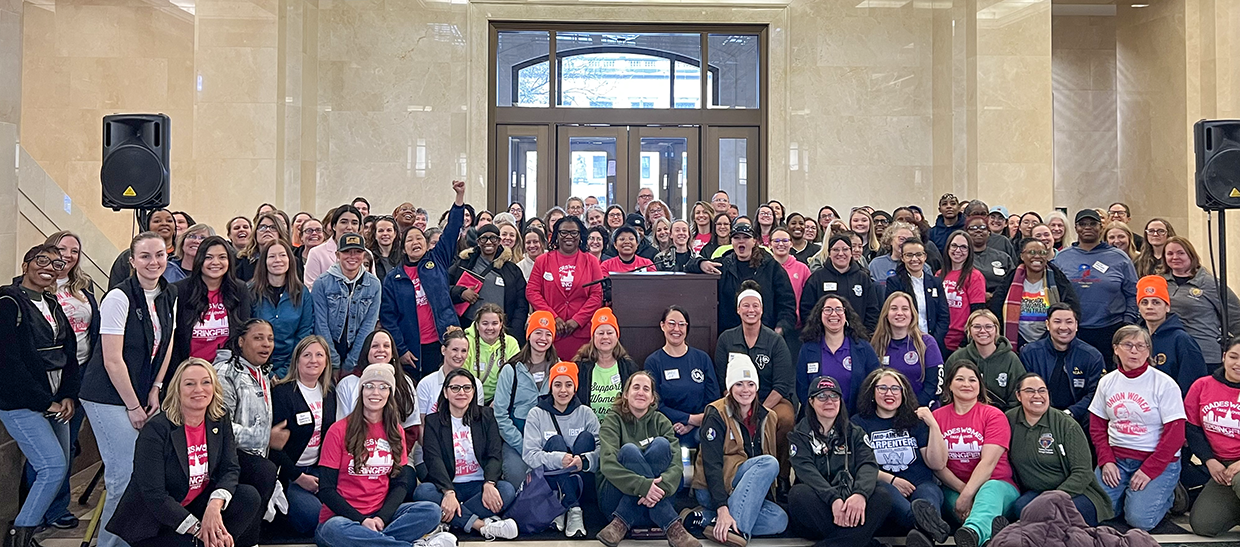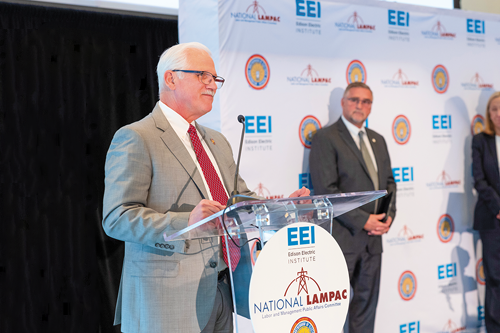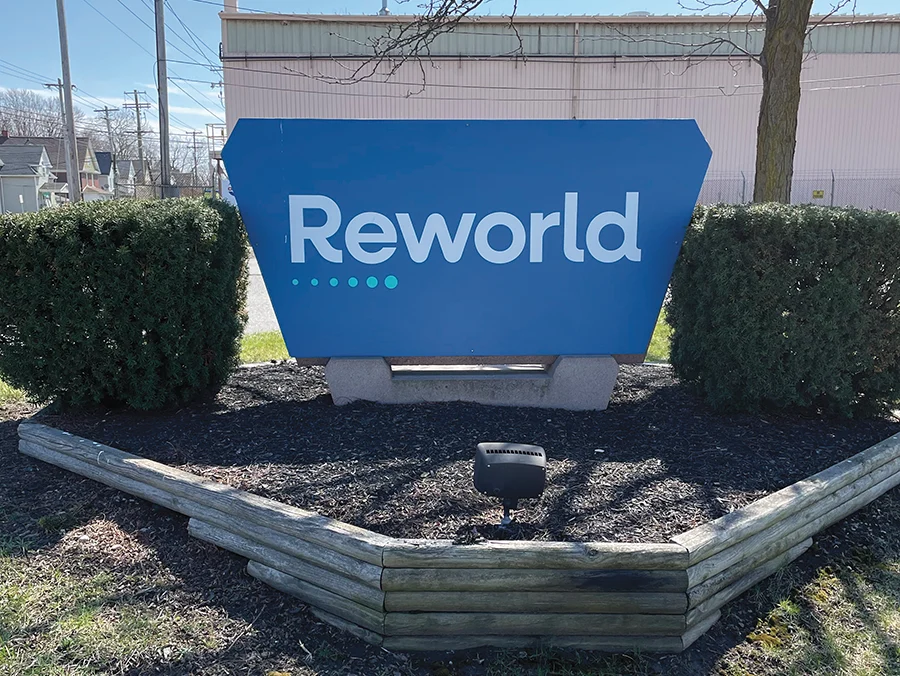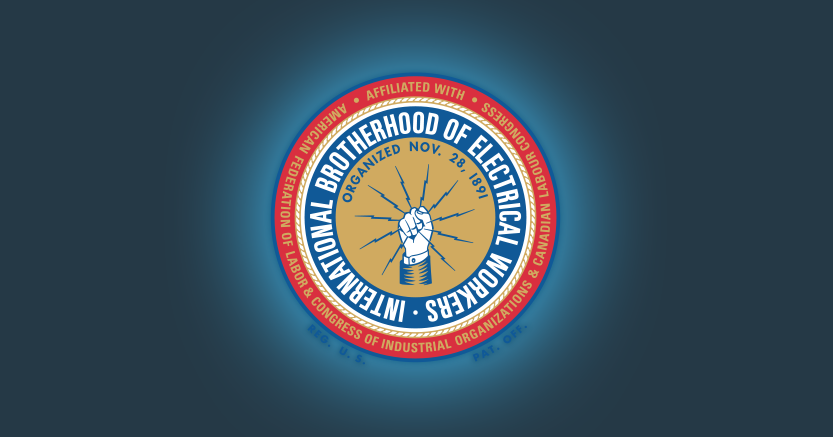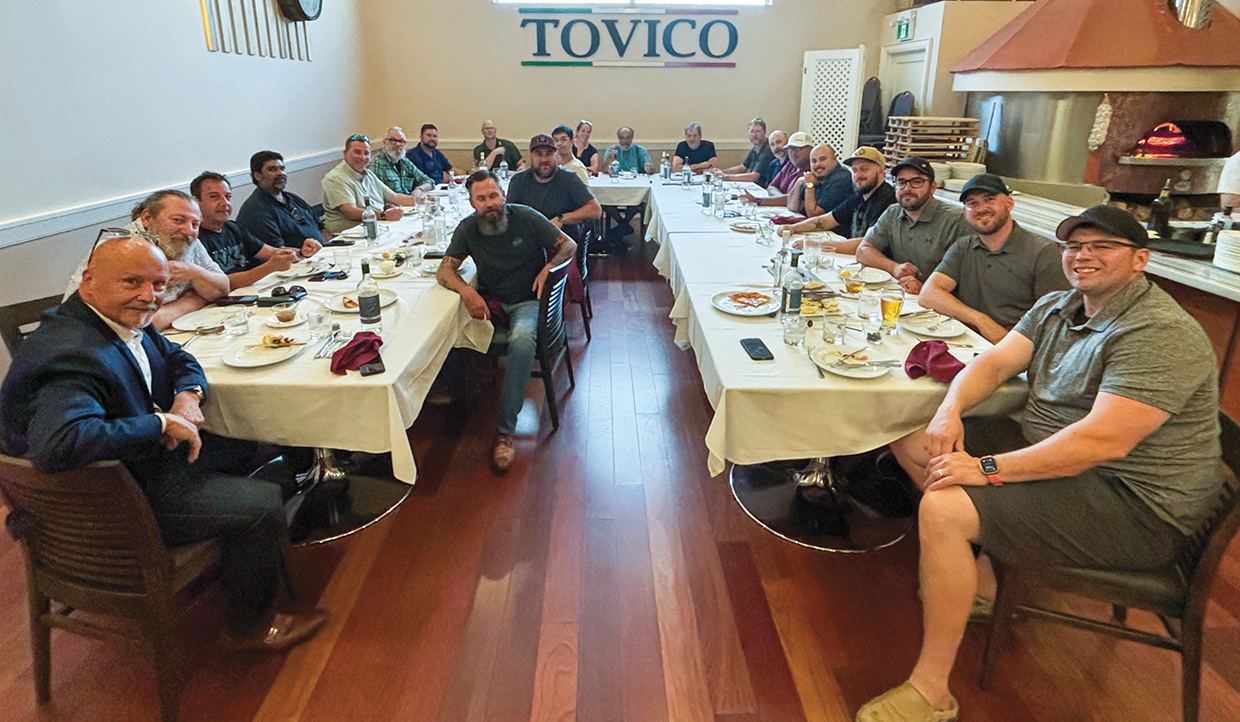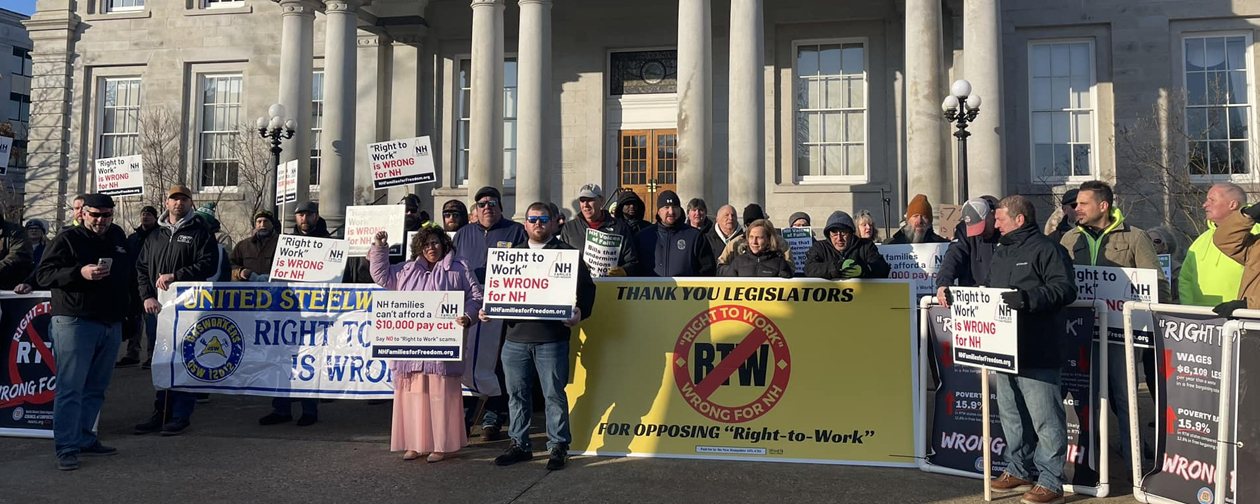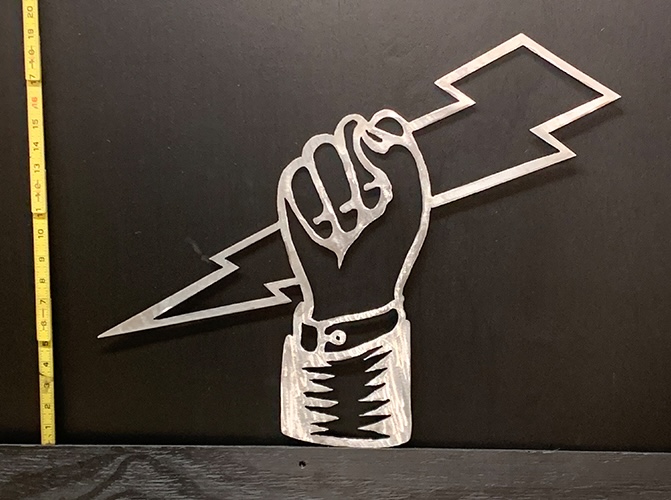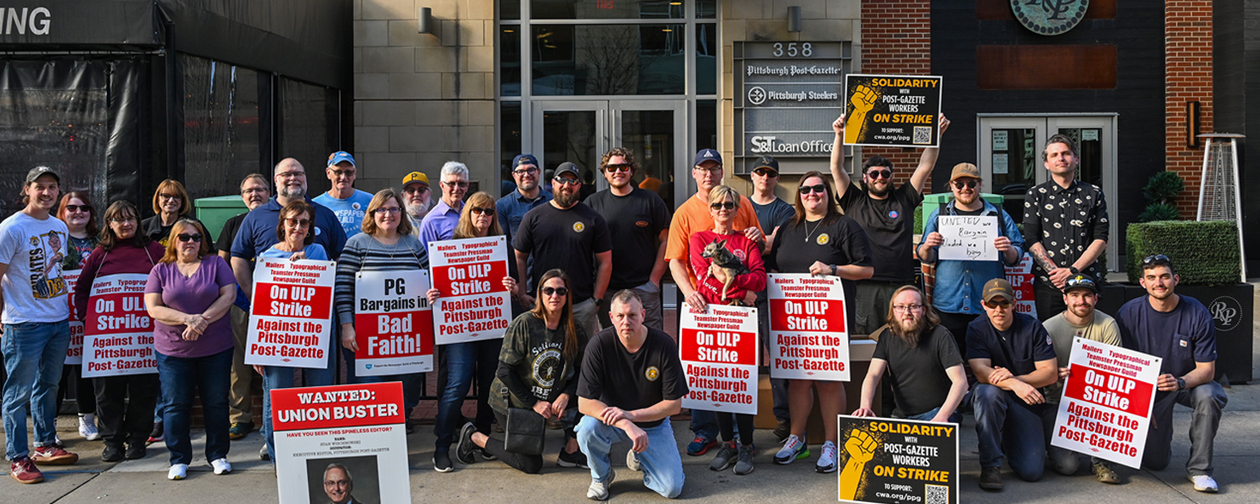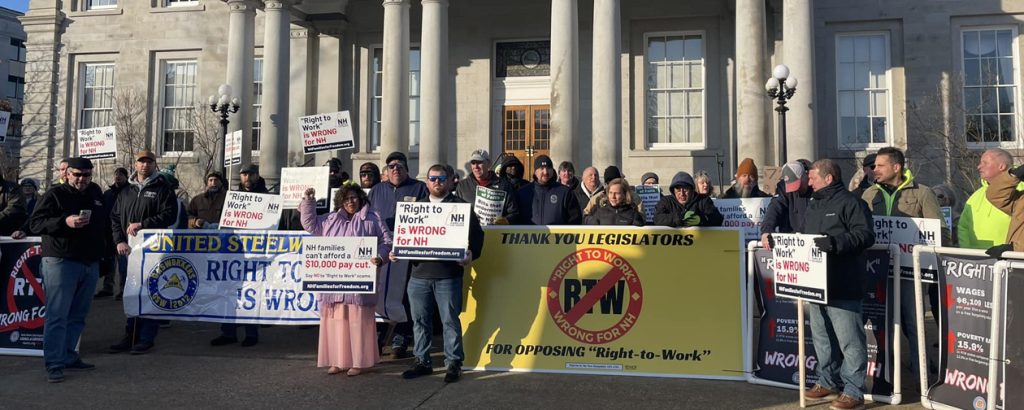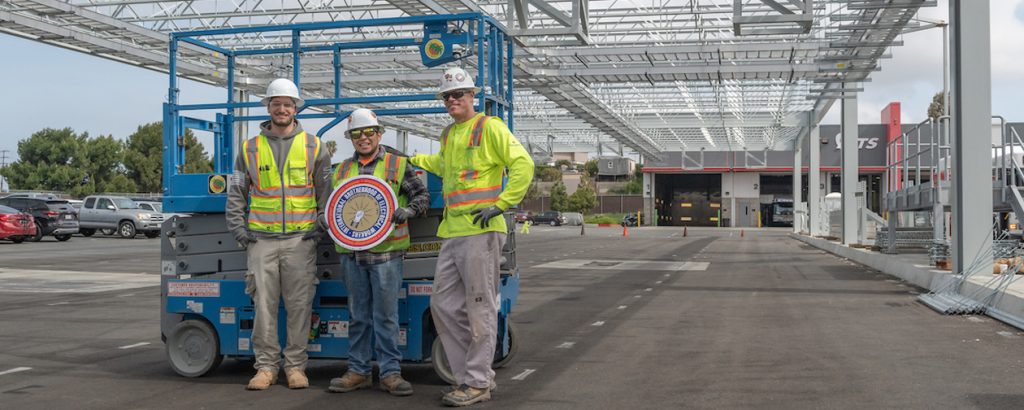
International President

International Secretary-Treasurer
As Americans, we hold dear the rights enshrined in our Constitution — the freedoms of speech, worship, assembly, the right to vote. But there’s another right, just as vital to working people, that was made law in 1935: the right to organize and collectively bargain.
With the signing of the National Labor Relations Act, President Franklin D. Roosevelt gave workers a powerful tool to improve their lives. The NLRA didn’t just permit unions — it encouraged them, recognizing organized labor as a force for social good. In the decades that followed, especially after World War II, union membership flourished, and with it, so did America’s middle class.
Nearly thirty years later, President John F. Kennedy expanded those protections by granting collective bargaining rights to federal workers, a group left out of the original NLRA.
For the first time in American history, federal employees now had the right to collectively bargain and fight for themselves.
These actions laid the foundation for generations of shared prosperity.
But today, those foundational rights are under attack.
In March, President Donald Trump issued an executive order stripping collective bargaining rights from hundreds of thousands of federal employees across multiple agencies. Among those affected are members of the International Brotherhood of Electrical Workers who proudly serve the federal government.
From naval shipyards to public power, IBEW government members serve our nation with great distinction, and we could not be prouder that they are members of this great union.
This isn’t just an attack on public-sector workers — it’s a threat to the principle of organized labor. When collective bargaining is undermined anywhere, it weakens protections for all workers, public and private.
We’ve seen this play out before.
In 1981, President Ronald Reagan broke the air traffic controllers’ strike, firing over 11,000 workers and decertifying their union. This move unleashed a wave of union-busting throughout the private sector that reverberated for decades.
In 2011, Wisconsin Gov. Scott Walker dismantled collective bargaining rights for public-sector workers. He promised it wouldn’t affect private-sector unions — but within just a few years, he and his allies passed “right-to-work” laws that dealt a devastating blow to union power across the board.
In 2014, union membership in Wisconsin stood at roughly 12%. A decade later, it has dropped to under 7%.
So if you think: “I work in the private sector. This doesn’t affect me,” then think again.
When public-sector workers lose their rights, it opens the door for anti-union forces to target everyone.
The old labor movement slogan “An injury to one is an injury to all” is more apt than ever.
That’s why the IBEW is standing shoulder to shoulder with our union brothers and sisters in the federal workforce. Their fight is our fight.
Government union members help build strong labor-management partnerships, promote safety and ensure that public agencies run more efficiently. They deserve the same dignity, respect and voice on the job as any other worker.
The IBEW has joined the AFL-CIO and unions across the country in demanding that the Trump administration reverse its executive order. But we need more than a reversal — we need lasting protection.
That’s why we’re calling on Congress to pass the Protect America’s Workforce Act, bipartisan legislation that restores collective bargaining rights for unionized federal workers.
Every IBEW member should demand action from their members of Congress. Call them via the Capitol switchboard at (202) 224-3121 and let them know that we are watching, and that we won’t back down.
We are strongest when we stand together. And one of the greatest strengths of being an IBEW member is knowing that, across North America, your union family has your back.
Let’s honor that tradition. Let’s fight back. And let’s defend the rights that generations before us fought so hard to win.
More than ever, we need that spirit and to come together to fight for our fundamental rights as working people.
